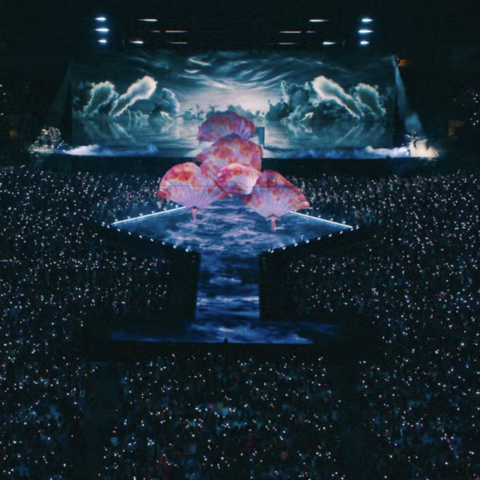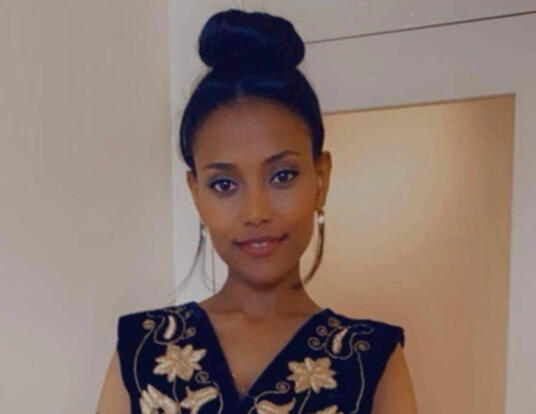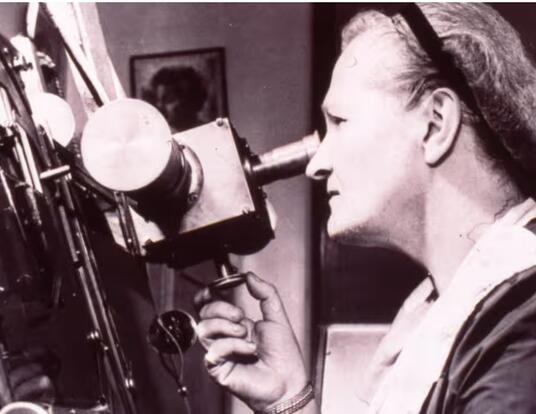Persistence and Passion
Harvard Griffin GSAS Voices: Tan Dao, PhD candidate

Research at Risk: Since World War II, universities have worked with the federal government to create an innovation ecosystem that has yielded life-changing progress. Now much of that work may be halted as funding is withdrawn. Find out more about the threats to medical, engineering, and scientific research, as well as how Harvard is fighting to preserve this work—and the University's core values.
Tan Dao is a Vietnamese immigrant who overcame language barriers and followed his passion for research all the way to Harvard’s PhD program in physics. Dao discusses his journey to the US, his research on a new material that could revolutionize the world of energy-efficient technology, and how winning a 2023 Paul & Daisy Soros Fellowship for New Americans has inspired him to mentor young immigrants interested in science.
Starting Anew
My grandfather was incarcerated during the Vietnam War. When he was released, he secured a visa that allowed him to immigrate to America with my grandmother, my uncle, and my aunts, but not with his three grown children and their families. It wasn’t until Christmas Eve 2010, when I was 11 years old, that we were able to join our extended family in America and start anew. Despite the challenges of learning English in the US school system, I remained determined and never let the language barrier hinder my educational progress.
After graduating from high school, I began conducting research at the University of New Hampshire and actively sought out new research opportunities every summer. My passion for research eventually led me to Harvard’s Department of Physics, where I am now working on novel quantum materials that may transform our energy usage in the information and communication technology sector.
New Tools for Energy Efficiency

I work on experimental condensed matter physics, a field that concerns the macroscopic (visible to the human eye) and microscopic (invisible to the human eye) properties of materials. My particular field allows us to probe, understand, and exploit the properties of quantum materials, an umbrella term that’s used for all kinds of materials wherein quantum interactions give rise to unique or unexpected properties. For example, the quantum spin Hall effect allows spin-up and spin-down electrons to counter propagate along the edges of a material without losing energy (without generating heat). In experimental condensed matter physics, we use our understanding of quantum physics and material science to design and make new materials that will benefit society.
For instance, at Harvard Griffin GSAS, I work with Professor Jennifer Hoffman on synthesizing a new two-dimensional material—bismuthine. In this material, bismuth atoms form an atomically thin layer arranged in a honeycomb lattice. Unlike most quantum spin Hall materials, bismuthine can conduct electrons without losing energy at room temperature because it has a heavy atomic weight that promotes strong quantum interaction.
One can imagine using bismuthine as circuits to conduct electricity in various electronic devices to significantly reduce our energy usage or manipulate the spin current to transfer information more efficiently. I use a scanning tunneling microscope (STM), which consists of a very sharp metal wire to scan over the material’s surface. By scanning slowly and getting very close to the surface, the STM generates an image that maps the electronic structure of the material. Usually, the useful properties of new material are not stable at room temperature due to thermal fluctuation that obscures the quantum interactions.
With the atomic-scale characterization technique, I can fully understand unique electronic behaviors and use my knowledge in material science to synthesize materials with improved functionalities for room temperature applications like the quantum spin Hall states.
To Inspire a New Generation
When I first learned that I had been named a Soros Fellow, it felt surreal. It took me some time to accept that I was being recognized for my potential to make significant contributions to my field of study and to the United States. More importantly, the Soros Fellowships has allowed my identity as an immigrant and the support of my family, who have been there for me unconditionally, to be heard, seen, and recognized. I’ve always looked up to the Soros Fellows and felt privileged to now be a part of this amazing group of people.
As a Soros Fellow, I am committed to mentoring and inspiring the younger generation of immigrants or children of immigrants through my scientific work and my experiences as a new American. In addition, the financial support provided by the fellowship allows me to fully focus on my research with quantum materials.
Get the Latest Updates
Join Our Newsletter
Subscribe to Colloquy Podcast
Simplecast





